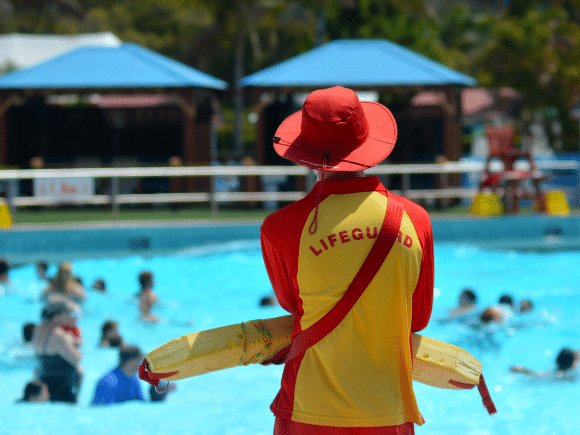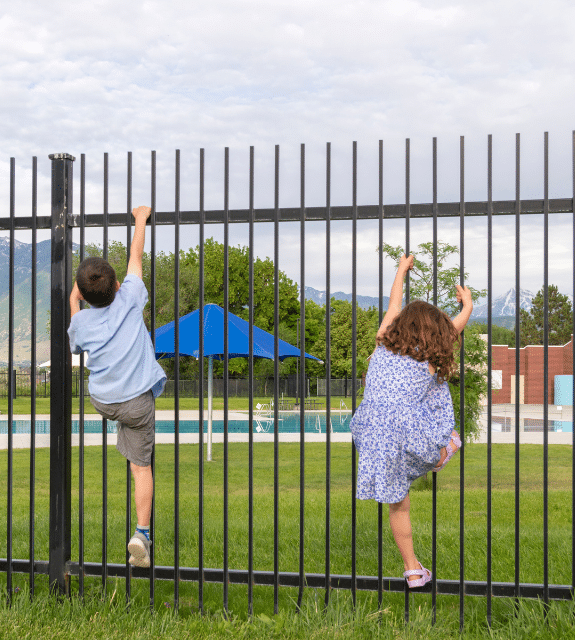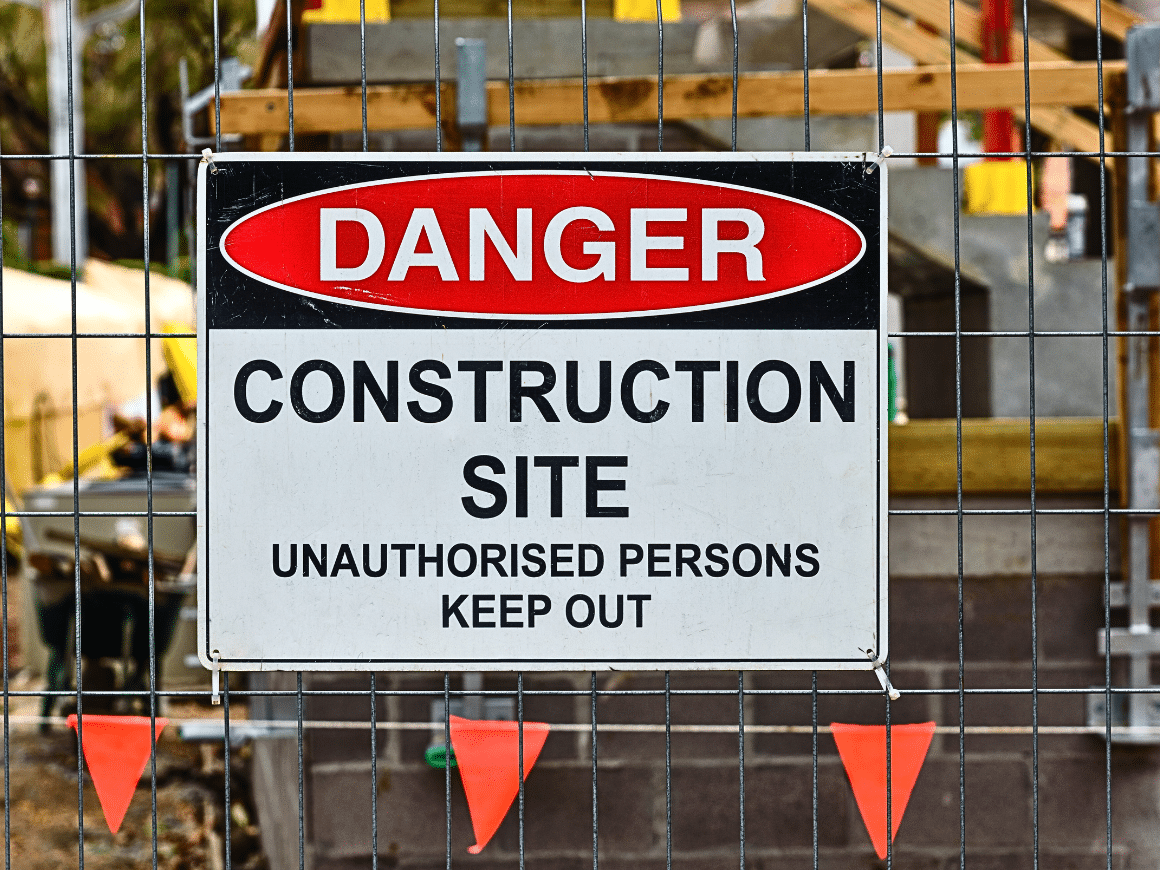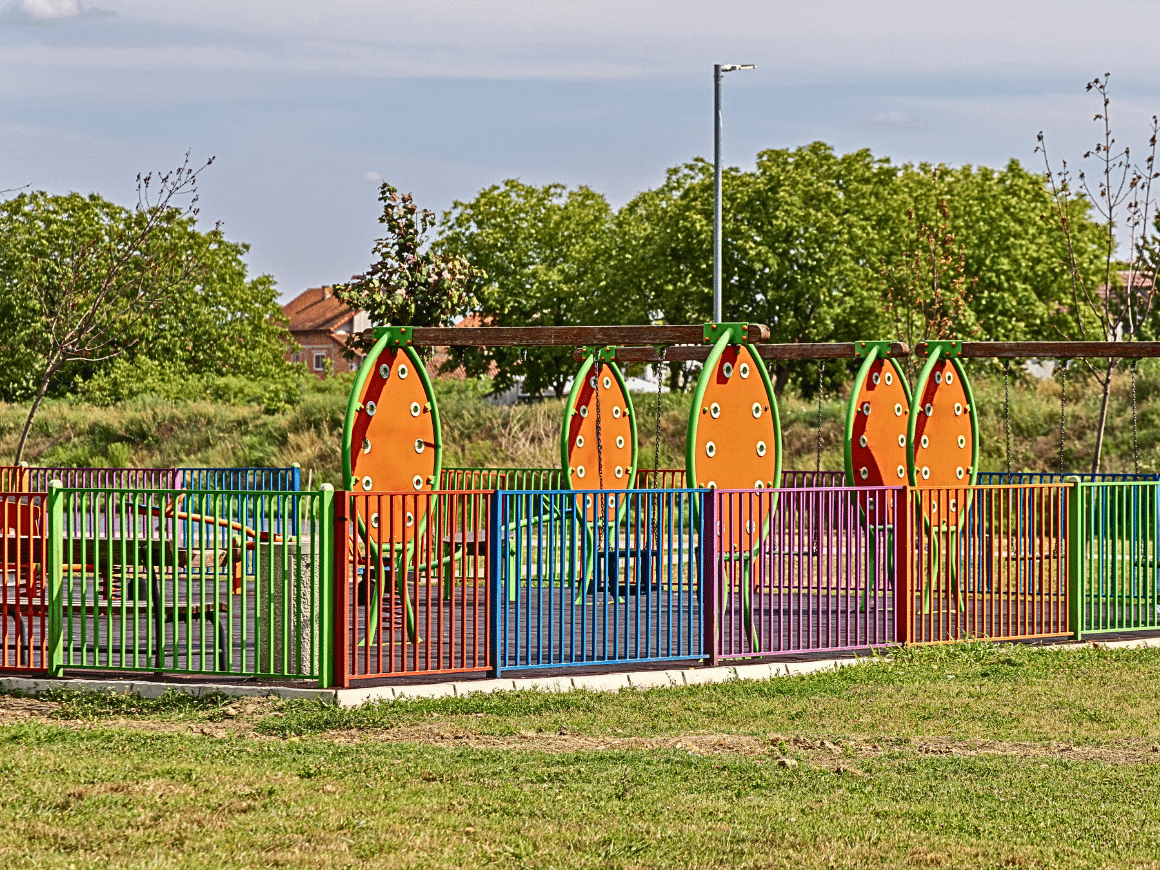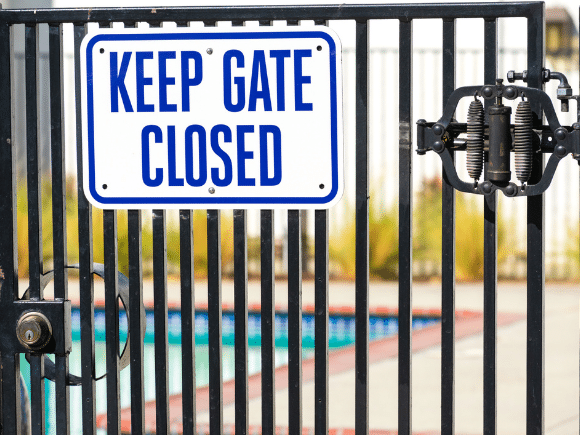
Now that warmer temperatures are starting to show up regularly, you know what that means! Public and private outdoor pools will be opening all across the south, which is usually only good news for those who get to jump in and enjoy them. From providing a pool gate for secure access to promoting water safety (opens in new tab), those managing and maintaining public pools tend to carry a lot of responsibility.
Promoting Safety in Public Swimming Pools
Swimming is supposed to be a source of joy, but it can quickly turn a good day terrifying if safety precautions aren’t implemented and followed. Each state has its own requirements regarding lifeguards:
- Tennessee requires at least one lifeguard (opens in new tab) on-site for “Type A” pools with the total number of required on-site lifeguards depending on the number of swimmers and the square footage of the pool area. Type A pools are meant for recreational use by the general public in:
- Day Camps
- Residential Camps
- Institutional or Educational Facilities
- Country Clubs
- Childcare Facilities
- Day Camps
- Georgia doesn’t necessarily require on-site lifeguards, but if your site doesn’t provide one, your facility must have signs displayed (opens in new tab) in clear view near the entrance in letters at least four inches tall stating:
- “WARNING – NO LIFEGUARD ON DUTY”
- “RISK OF DROWNING – SUPERVISE CHILDREN CLOSELY”
- Florida only requires on-site lifeguards at water theme parks (opens in new tab) to be present during all operating hours at the various water recreation attractions and at the top of all slides and runouts.
One thing all three states do have in common is the strict requirement for pool barriers to prevent drowning risks. Keeping your pool access gates (opens in new tab) in working order protects you just as much as it does your guests.
Tips to Keep Your Pool Gates in Top-Notch Shape
- Inspect the fence for any damage or bent metal.
- Check the gate tracks for any obstructions and clear them if necessary.
- Visually inspect locking mechanisms on a regular basis to ensure they always close and latch properly.
- Chlorine in the air can be corrosive to metals (opens in new tab), so try rinsing moving parts with clean water every week as a preventative measure.
- For pools at resorts (opens in new tab) or educational facilities (opens in new tab), prevent unauthorized access and add extra security with a secure entry system of either key cards or passcodes.
- Post clear signage with pool hours, access requirements, and rules to encourage adherence and respect for your property.
- Keep your pool facility well-lit at all hours of operation, especially points of entry.
- Maintain video surveillance (opens in new tab) and post signage informing guests and advising it is for their protection as much as the property’s.
- Keep your pool gate system serviced as needed and keep up with regular maintenance checks (opens in new tab).
- Knowing the difference (opens in new tab) between a do-it-yourself fix and when to call the professionals could save you millions someday (opens in new tab).
Guardian Access Solutions has been in the gated entry industry for decades, so you can trust that we are qualified to handle the service and maintenance of your pool gates—no matter who installed them.
We provide commercial gate installation in Florida, Georgia, and Tennessee and will service and maintain equipment whether we installed it or not. Call Guardian (opens in new tab) if you’d like to make sure your pool gates are prepared to protect you and your guests this summer.
